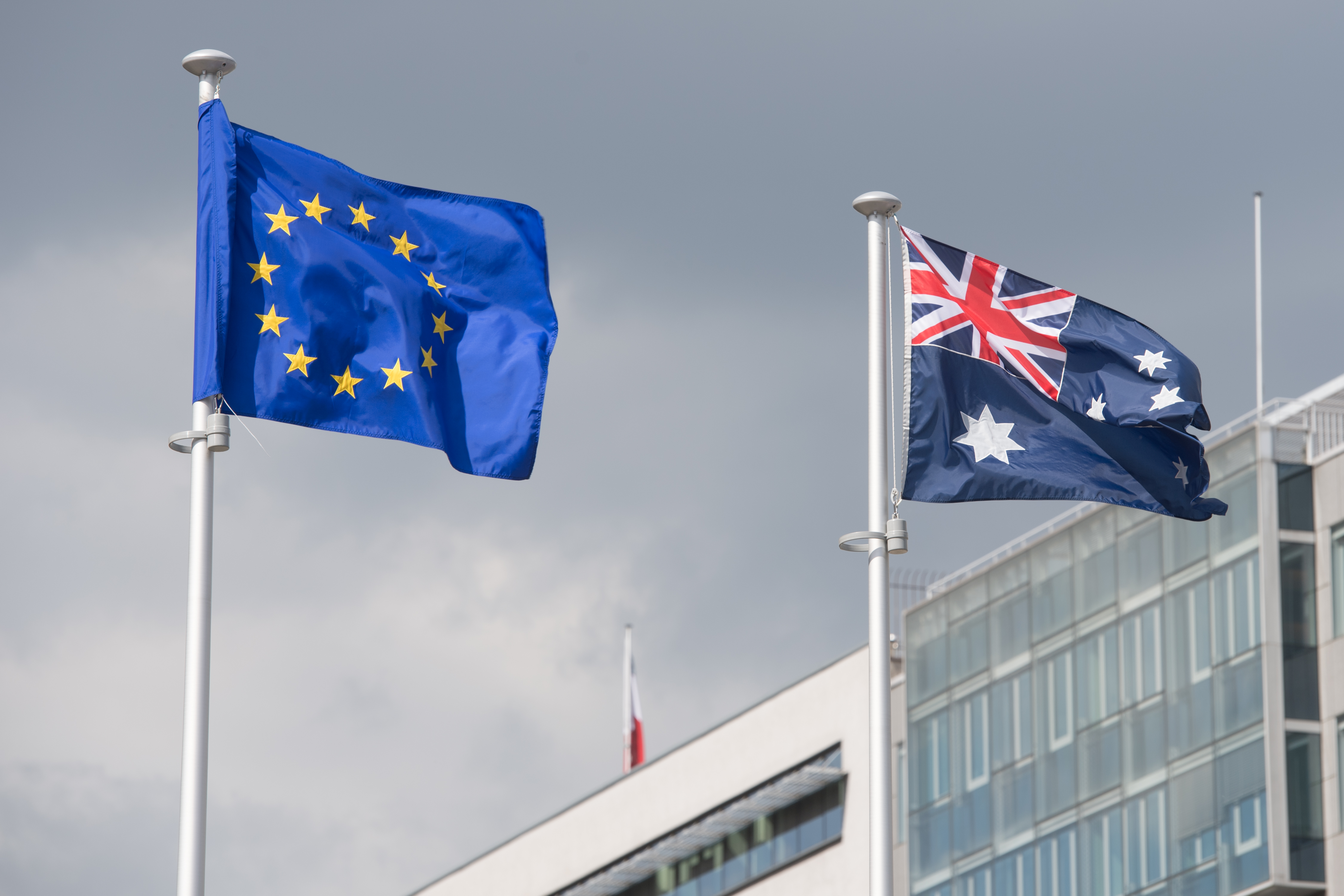
Research Projects


Our research focus can be divided into four, broad thematic areas outlined below.
During the past decade, the circumstances of ‘regional’ Australia have become much more explicit in Australian public policy. While issues of drought or flood have often drawn attention to the exigencies of farmers and or rural economies, it has been recognition of widespread structural differences, which has prompted the recent attention. Previously, language such as the ‘patchwork economy’ was used to describe the different patterns of activity in mining regions, vis a vis the much slower growth and even decline in non-metropolitan regions in the south-east of Australia. However, more recently, the pattern of continuing disasters and the closure of coal-fired electricity generation, and of logging of native forests, have triggered a different level of concern and priority. Yet policy responses have been typically ad hoc and fragmented, offering limited support to regional communities grappling with the economic, social and environmental implications of climate and global challenges.
By way of contrast, the EU has developed its Regional Policy as a comprehensive program over the past 40 years. Increasingly, its approach has come to emphasise the importance of bringing all EU regions in the Single Market, and has encouraged the development of regional innovation systems. The EU Centre of Excellence is a global leader in comparative regional policy research. The Centre has undertaken research on EU Regional Policy and its implications for Australia and Asian nations since 2010. It has a strong network developed with researchers in Australia, Europe and Asia, and with EU and Australian policy makers.
The EU Centre’s Regional Policy and Smart Specialisation research program asks what Australia and other countries in the Asia Pacific region can learn from the European experience, particularly the ‘Smart Specialisation Strategy’ (S3) methodology pioneered in the EU. It promotes a place-based approach to regional policy and development, and links directly to the Centre’s other research programs on, for example, the Sustainable Development Goals (SDG) —seeking to understand how a place-based approach pioneered in the EU might enhance possibilities for reaching SDG targets worldwide. Within this context, the circular economy has gained increasing prominence as a tool that presents solutions to some of the world’s most pressing cross-cutting sustainable development challenges.
After 5 years of experience with the application of Smart Specialisation in the context of sustainability transitions in Victoria, the Centre has acquired significant expertise in the adaptation of these processes in an Australian context. The learning is now being shared through its Partnerships in Regional Innovation Community of Practice.
The EU Centre of Excellence engages civil society in debate about issues of innovation, global trade, and free trade agreements by promoting informed public understanding in a context of growing political uncertainty. Our trade and innovation research program seeks to promote improved public understanding of the relationship between innovation and competitiveness and a more open global trading environment, and how this improves prosperity for the EU and its global partners. It aims to increase the accessibility of information about the emerging characteristics of regional, national, and global economies, and the opportunities which can follow from more open global trade, for both stakeholders and citizens.
The EU Centre of Excellence at RMIT’s research program in European and ‘global futures’ asks major questions about the future of the EU in the world, with a particular focus on opportunities and challenges for the EU-Australia relationship. These questions include:


RMIT University acknowledges the people of the Woi wurrung and Boon wurrung language groups of the eastern Kulin Nation on whose unceded lands we conduct the business of the University. RMIT University respectfully acknowledges their Ancestors and Elders, past and present. RMIT also acknowledges the Traditional Custodians and their Ancestors of the lands and waters across Australia where we conduct our business - Artwork 'Sentient' by Hollie Johnson, Gunaikurnai and Monero Ngarigo.
More information